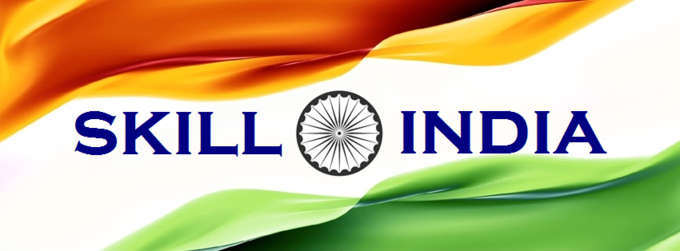 Skilling is one of the major challenges facing India today. India has at present roughly 65 percent of the population below 35 years of age. It raises the possibility of economic growth provided India can leverage its
Skilling is one of the major challenges facing India today. India has at present roughly 65 percent of the population below 35 years of age. It raises the possibility of economic growth provided India can leverage its First, the focus should be on mapping skills across various sectors for employment. It's means that the industry, as well as the government, should look at enlisting the skill requirements of the country. The industry should also interact frequently with institutions is telling them their requirements so that there is no mismatch between industry expectations and institutional curriculum. It also ensures that people who go to these institutions and imbibe the skills become job ready. The focus of skilling should be on future skills and jobs of the future and not on curriculum that is outdated and redundant in the industry.
Second, mapping the skills with location's requirements, and institutions is very important. At a national level, the need is to map the skill requirement of the world and impart skill training appropriately where there is a huge demand for the workforce at the international level. It also means that states and, in particular, cities should identify areas in which they have conventional strength. For instance a location like Hyderabad that is good in the
Third, it is important to build institutions that not only provide formal training but also provide certification to people. It is often a neglected dimension of skilling. An automobile technician working in a factory in say
Finally, formalizing the process of skilling and provision of multiple skilling are the need of the hour. It is because formalization would lead to a better and a systems-oriented approach to skilling that to date has been a largely informal process. For instance, driving is often learnt not by training institutions but by some other driver teaching the newer one. If the process is formalized, it would certainly lead to better outcome during the process of learning and even post that once the driver has finished training. Similarly, a large number of people often face problems in operating mobile phones. If training is provided for learning the basic functionality, a large number of problems will be taken care of. In the present time, the need is to look for multiple skills and constant up gradation of existing skills. The issue of
If India focuses on these broad points, it can surely leverage its demographic dividend at the same time solving the problem of
(The article is co-authored with Sankalp Sharma, Senior Researcher at the Institute for Competitiveness, India.)
(Image credits: bankersguru)